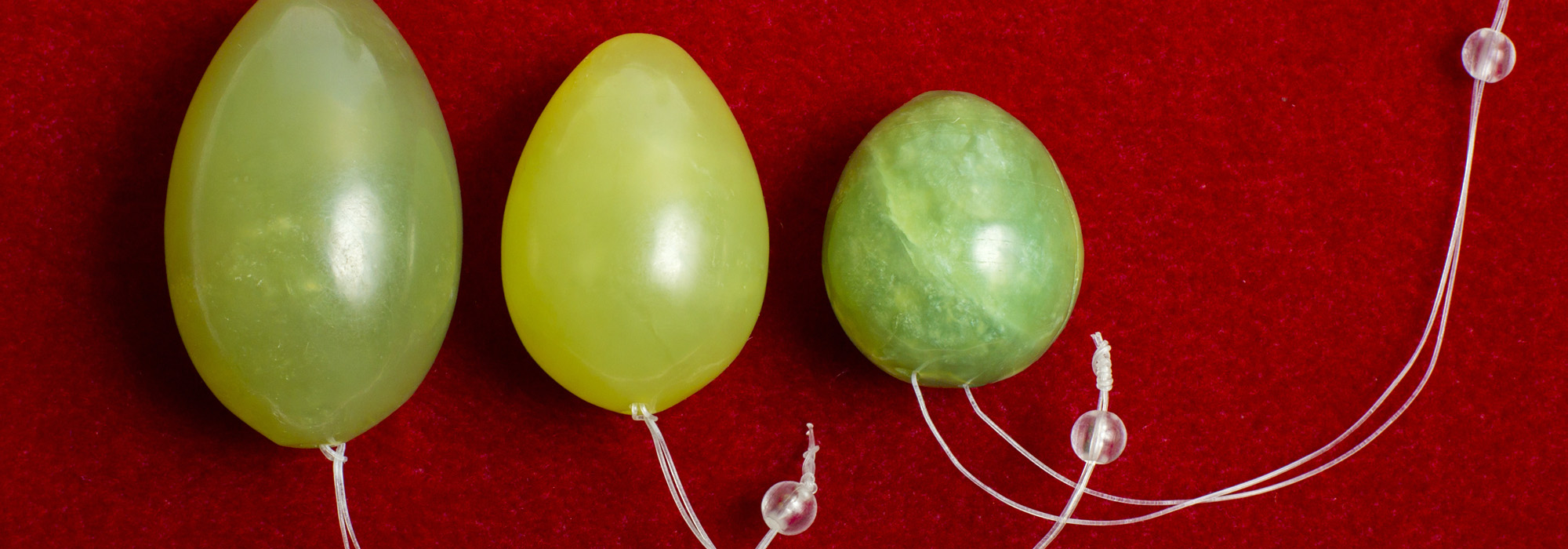
Simon Kiss expresses the view that “Health benefits for services that are not fully grounded in science should be taxed.” His concern that Canadians should receive effective health care is heartening. He notes that some employee health benefits plans cover professional services offered by practitioners of Christian Science, which he characterizes as a “pseudo-scientific procedure.” While I can understand his viewpoint on the public policy issue, I would like to offer a different perspective on Christian Science itself, as someone who has studied it for twenty-one years and practiced this way of life.
One of the significant lessons my graduate studies and former social work career brought home to me was that there are many different approaches to life and well-being that we can consider and embrace, within Canada’s vibrant multicultural, pluralistic population.
The reason that Christian Scientists generally choose a prayer-based approach to health is that when applied intelligently, consistently and lovingly, it repeatedly brings the experience of healing to our lives. It is not a practice based on blind faith or superstition.
Evidence that this approach to healing can be effective comes from over 130 years of well-attested accounts of healing published in the Christian Science periodicals, which are available to the public at Christian Science Reading Rooms throughout Canada. Tens of thousands of testimonies have been written by people all over the world, from all walks of life, who have been healed of a wide range of diseases, ailments and injuries, many quite serious and some medically diagnosed.
Healing through prayer may seem “different” and even countercultural in this highly technological society, where the medical model tends to be the norm. Christian Scientists learn how to heal through heartfelt prayer, spiritual study, practice, growth in grace and understanding. The teaching goes back to the original teachings of Christ Jesus in the Bible. He healed great numbers based on his deep compassion for humanity, and his understanding of our relationship to the Divine. Jesus also taught others how to heal in this way.
Christian Scientists see such healings not as miracles, but as the natural, even “scientific” outcome of understanding divine Love (God) as the source of all true being, and the fundamental identity of each individual as the spiritual reflection of God and of spiritual qualities such as wisdom and kindness.
In my own experience of praying and understanding these spiritual ideas and striving to live them in daily life, I have been healed of headaches, severe flu, injuries, back pain, warts, eye infections, and other ailments. I have also seen good results in my work as a Christian Science practitioner supporting others with healing prayer.
As Christian Scientists, we acknowledge that this special approach to healing is a learning process, and that our practice of healing is not perfect, any more than is any other practice. We continue to learn and grow like any sincere “scientist” or knowledge seeker.
Kiss states in his article that payments made by workplace benefits plans to alternative health practitioners constitute an important source of their income. In my work over the past nine years as a Christian Science practitioner, I have had only one client who claimed my services under a health plan, and the amount was minimal. To the best of my knowledge, benefits plans are not a significant source of revenue for Christian Science practitioners.
Kiss is clearly right in his ethical objections to health clinic ads that remind people to “max out their benefits” before the year’s end. While I do not profess to know all Christian Science practitioners, I have never known one to engage in such a practice. This would hardly be showing the simple Christian practice of doing unto others what you would have them do unto you. The main way we make our services known is through a listing in the Christian Science Journal, or the Héraut de la Science Chrétienne in French.
Photo: Shutterstock.com
Do you have something to say about the article you just read? Be part of the Policy Options discussion, and send in your own submission. Here is a link on how to do it. | Souhaitez-vous réagir à cet article ? Joignez-vous aux débats d’Options politiques et soumettez-nous votre texte en suivant ces directives.







